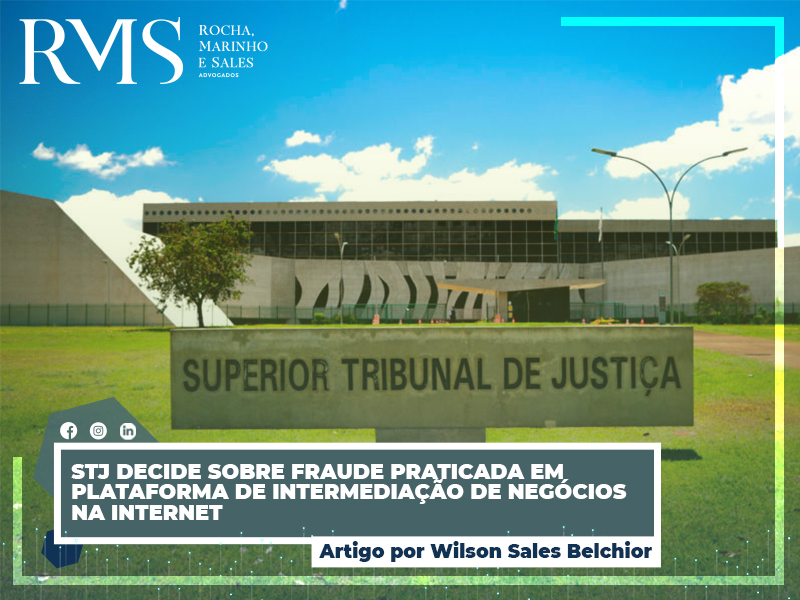STJ materializes agreement culture in the case of inflationary purges
11/02/2021

Check out Wilson Sales Belchior's article about the STJ that made the agreement culture a reality in the case of inflationary purges STJ concretizes the agreement culture in the case of inflationary purges
The 2nd Section of the Superior Court of Justice decided to suspend the analysis of the processes associated with inflationary purges until the implementation of an electronic platform that allows savers to adhere to the terms of the agreement signed before the Federal Supreme Court. In relation to the new cases that arrived at the STJ, it was decided that they will be returned to the original instances for the procedural subjects to comment on the agreement.
The agreement approved by the STF, within the scope of ADPF 165, constituted a joint proposal by banking institutions, savers and the National Financial System itself, intermediated by the Federal Attorney General in more than 50 meetings, with the purpose of finding a consensual solution to demands that span over two decades.
Support for the culture of self-composition, in various sectors of society, has grown in recent years, as a skillful instrument to offer access to Justice and solve bottlenecks in the Judiciary, concretizing permanent institutional innovation. This in such a way that the nov / 20th civil procedural diploma enshrined some of its techniques, as fundamental norms of civil procedure, considering the provisions of article 3, paragraphs 1, 2 and 3.
This option favors the encouragement of development and the application of more appropriate solutions to conflicts, considering the peculiarities of the parties, recomposing bonds, whenever possible, and providing mutual gains to the subjects involved, in detriment of an adversarial paradigm that encourages the exponential increase of litigation, that is, there is a transition in the way of facing the conflict inherent in societies.
In summary, the proposed agreement provided that the interest under discussion was reduced to the patrimonial law, the relevance was demonstrated through the presence of numerous civil society entities, representatives of all the subjects involved in the conflict, the benefits and the mutual concessions carried out in the name of economy and efficiency, a decadential / prescriptive lapse was indicated, based on the precedents set by the STJ, on REsp 110.7201, REsp 114.7595, among others, as well as the term for voluntary adherence to the terms of the agreement, so that the solution fast, definitive and uniform was found.
Institutional improvement regarding the mechanisms available for conflict resolution needs to be continuous and progressive, aiming at the fulfillment of constitutional guarantees, such as access to Justice (article 5, XXV, CF / 88) and reasonable duration of the process (article 5 , LXXVIII, CF / 88 c / c article 6, new CPC), including the application of new technologies to facilitate the rapid implantation of techniques originating from a self-composition culture, fulfilling the possibility that is already provided for by law (article 46, Law 13.140 / 2015) .
Therefore, the decision of the 2nd Section of the STJ proves to be correct while it reveals a clear encouragement to the culture of self-composition, maintaining the parameters established in the agreement approved before the STF, to resolve conflicts that together make up one of the largest thematic collections of processes and resources pending in the Justice system.
Legal Consultant Magazine, March 23, 2018, 6:32 am
https: //www.conjur.com.br/2018-mar-23/wilson-belchior-stj-concretiza-cul …




